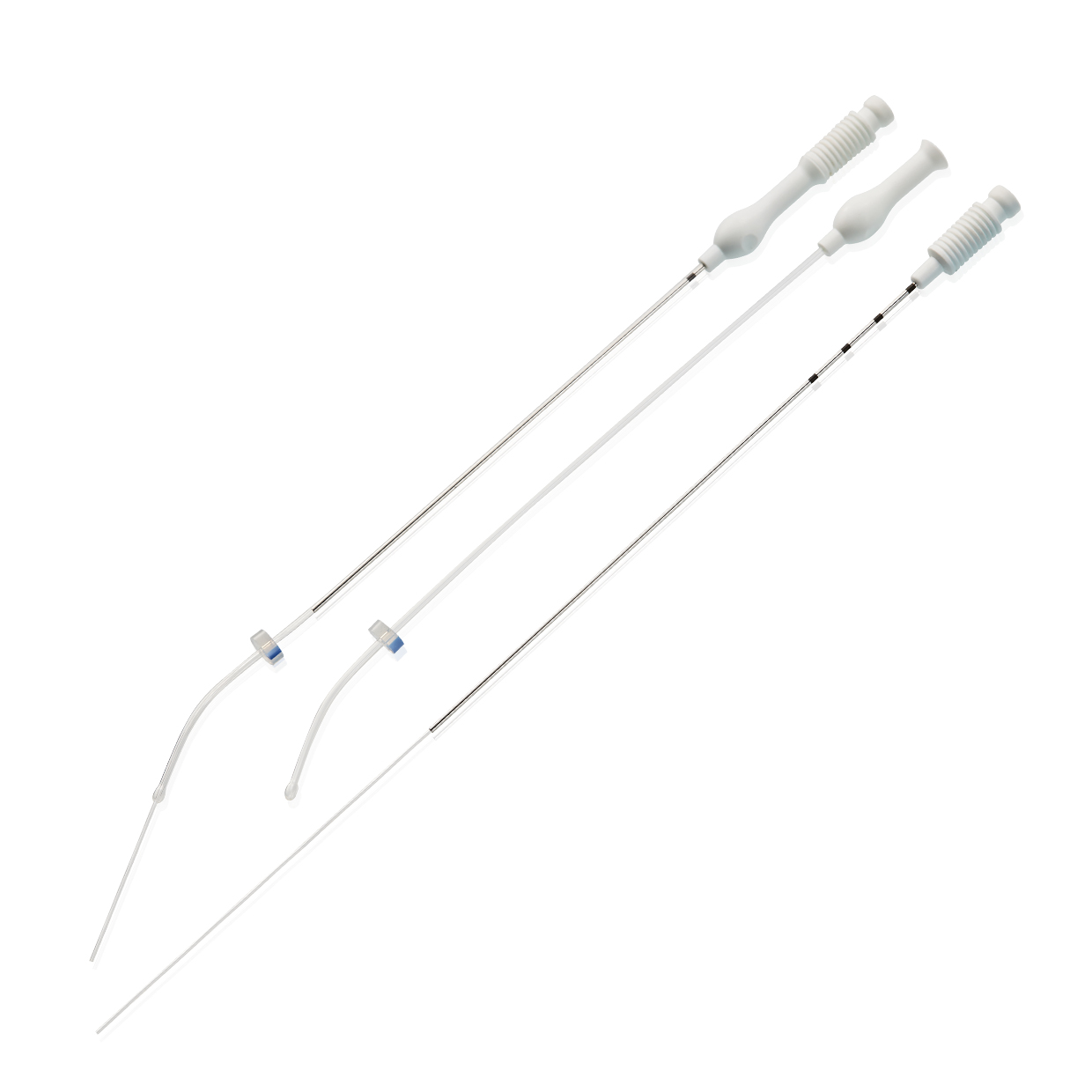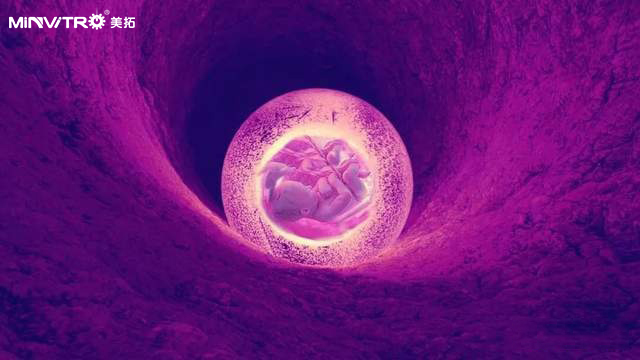We are in the process of IVF embryo transfer, and many pregnant mothers are particularly nervous. Worried that the transfer will fail, and pregnant mothers want to know
where the embryo is placed in the uterus during implantation? Now let everyone know together.
Where to settle for embryo transfer? Because the thickness of the endometrium that is more suitable for embryo implantation is 8-12mm, if the female endometrium is
thin, it means that the "soil" for planting is poor, and it is difficult for the embryo to survive during implantation, and women naturally cannot. Pregnant. In addition,
the environment in the uterine cavity is not smooth sailing. For example, some patients have endometrial polyps. If it is more serious, it is necessary to perform hysteroscopic
surgery to remove and then transplant.
Embryo transfer is carried out with a special soft catheter to avoid endometrial damage and improve the chance of embryo implantation. Some of the graft tips are also
provided with special tracer materials, which can be clearly identified under B-ultrasound; some extra-transplant catheters are equipped with a hard core, which is convenient
for the placement of catheters in difficult cervical canals.


IVF embryo transfer is a relatively important step, but in fact this step is very simple and can be completed within 10 minutes. The most suitable position is placed in the
middle of the uterus.
During the transplant, the woman is in a supine position. During the operation, the doctor exposes and cleans the cervix with a vaginal dilator. After removing the cervical
mucus, the cervix is checked for patency. Laboratory technicians then suck the selected embryos into a transfer catheter and hand it to the doctor, who then sends the
transfer catheter through the cervix into the uterus and injects the fluid containing the embryos into the uterine cavity. One or more embryos can be transferred during this procedure.
It should be noted that no matter where the embryo is placed during the transfer, it will not be fixed and the embryo will move around, so choose a more suitable place
for implantation.

What to look out for after embryo transfer:
1. Pay attention to rest: After the transplant, stay in bed for a lot of time. It is recommended to lie down as much as possible within a week, and it is best to lie down and minimize getting out of bed, so that the uterus is in a state of relaxation, and keeping the whole body relaxed is conducive to embryo implantation.
2. Don’t hold back urine: Urine should be discharged in time after transplantation, because the bladder and uterus are close to each other, and the urine in the bladder will not be discharged in time, which will cause the bladder to expand, which will compress the uterus and cause the uterus to contract.
3. Don’t oversupply: After frozen embryo transfer, many people think that supplementation is needed at this time, but it is not. At this time, Dabu will make the blood heat in the body, which is not good for implantation. Therefore, it is better to eat more protein and liquid things.
4. Pay attention to a balanced diet: After frozen embryo transfer, you should eat more foods rich in high-quality protein, such as eggs, milk, lean meat, fish, etc. At the same time, it is necessary to properly supplement fresh fruits and vegetables rich in vitamins and cellulose to ensure a balanced intake of various nutrients, so as to create good conditions for embryo implantation.
5. Seek medical treatment in time: If you have abdominal distension, abdominal pain, feeling like menstruation in the lower abdomen, vaginal bleeding and other discomforts, please go to the hospital at any time, and you can go to the obstetric emergency department at night. If you can contact the attending doctor, try to communicate with the attending doctor to get treatment guidance.
6. Pay attention to keeping warm: After embryo transfer, you must pay attention to keeping your body warm to prevent catching a cold and catch a cold. At the same time, you should also pay attention to gastrointestinal cold to avoid diarrhea and abdominal pain.
7. Pay attention to the regulation of emotions: keep a good mood, it is more important than anything else, relax, don't be nervous, don't be angry, don't quarrel with your family. This must be done. When the mood is good, the baby will take root.

